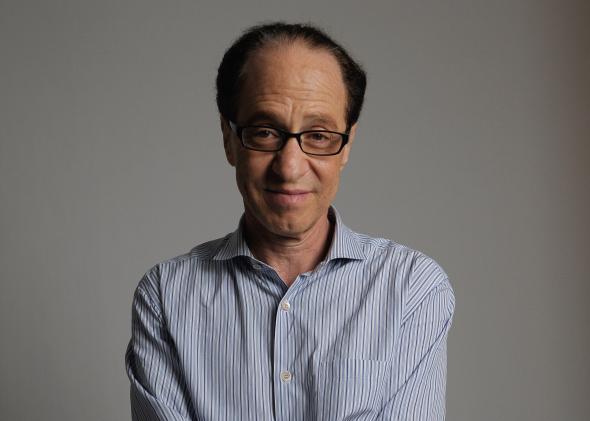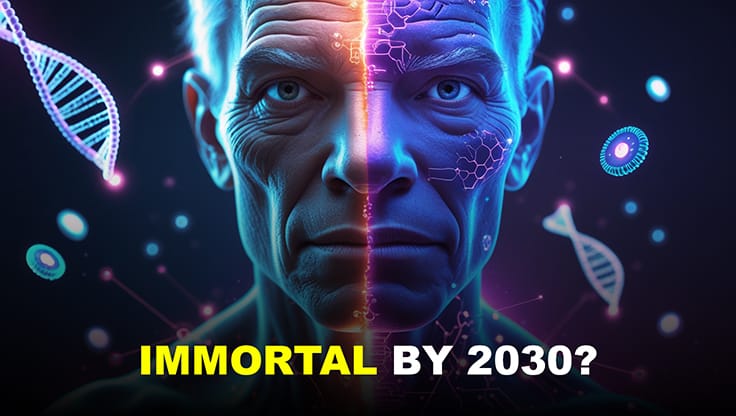Ray Kurzweil’s Nanobot Prediction and the Future of Human Longevity
🧬 The Vision: Nanobots, Disease Immunity & Eternal Life
Imagine a future where aging is optional, disease is irrelevant, and death becomes a technical glitch rather than an inevitability. That’s the world envisioned by Ray Kurzweil, renowned futurist, inventor, and former Google Director of Engineering. According to Kurzweil, humans could achieve immortality as early as 2030, thanks to nanobots—microscopic machines capable of repairing our bodies from the inside out.
His claim, while sounding like science fiction, is rooted in a consistent belief: technology advances exponentially, and breakthroughs once thought impossible are now within reach.

🧠 Who is Ray Kurzweil?
Kurzweil isn’t just a dreamer. He’s an innovator who has made more than 140 predictions about the future of technology, boasting an accuracy rate of over 85%. Some of his successful forecasts include:
- The rise of the internet in the 1990s
The development of smartphones
The emergence of AI assistants (like Siri, Alexa, and yes—even ChatGPT)
Advances in machine learning and biotech
In 1999, he was awarded the National Medal of Technology and Innovation, the U.S. government’s highest honor in tech innovation.
🔬 What Are Nanobots — And How Would They Make Us Immortal?

Nanobots are hypothetical microscopic machines that could one day operate within the human body, repairing cells, killing pathogens, and continuously maintaining biological systems.
According to Kurzweil’s vision, by 2030:
Nanobots will patrol our bloodstream, automatically repairing tissue damage.
Diseases like cancer, Alzheimer’s, and even aging itself will be reversed or neutralized.
Our biological systems could be constantly optimized, essentially halting the aging process.
This would mark a turning point in human history, shifting from curing illnesses to preventing them entirely, and possibly extending human lifespan indefinitely.
🧪 Science or Science Fiction?
While Kurzweil’s predictions spark excitement, the scientific community remains cautiously skeptical:
🚧 Challenges Ahead:
Nanotechnology is still in its infancy: True molecular-scale bots don’t yet exist in practical form.
Biological complexity: The human body is incredibly intricate, and integrating machines without side effects is no small feat.
Ethics and access: If such technology becomes real, who will have access? Could it widen inequality?
✅ Promising Developments:
CRISPR and gene editing are advancing rapidly.
AI is accelerating drug discovery and personalized medicine.
Tissue regeneration and cell therapy are making aging-related diseases more treatable.
🕰️ What If Kurzweil Is Right?
Even if immortality by 2030 is overly optimistic, Kurzweil’s broader point holds:
We are entering a new age where biology and technology are merging at an unprecedented rate.
Within the next two decades, we may see:
Dramatically longer human lifespans
Preventative medicine powered by AI and biotech
Discussions about the legal, ethical, and spiritual implications of transcending mortality
📌 Final Thoughts
Kurzweil’s prediction may sound far-fetched today, but it reflects a growing trend in the tech world: the belief that death is a problem technology can solve. Whether immortality arrives in 2030 or 2130, one thing is clear—the boundaries of human life are being redefined.
🔗 Stay tuned to AI Watch for deeper insights into the technologies reshaping our future—one breakthrough at a time.


